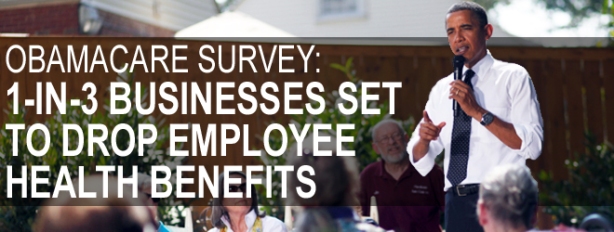More

As low-wage jobs dry up, unemployed rely on an unsustainable system of reliance.

As low-wage jobs dry up, unemployed rely on an unsustainable system of reliance.
Altogether, there are now almost 46 million people in the United States on food stamps, roughly 15 percent of the population. That's an increase of 74 percent since 2007, just before the financial crisis and a deep recession led to mass job losses.
At the same time, the cost doubled to reach $68 billion in 2010—more than a third of the amount the U.S. government received in corporate income tax last year—which means the program has started to attract the attention of some Republican lawmakers looking for ways to cut the nation's budget deficit.
While there are clearly some cases of abuse by people who claim food stamps but don't really need them, for many Americans like Saucedo there is little current alternative if they are to put food on the table while paying rent and utility bills.
In some parts of the country, shoppers using food stamps have almost become the norm. In May 2011, a third of all people in Alabama were on food stamps—though part of that was because of emergency assistance after communities were destroyed by a series of destructive tornadoes. Washington D.C., Mississippi, New Mexico, Oregon and Tennessee all had about a fifth of their population on food stamps that month.
"This becomes an implicit subsidy for low-wage jobs and in terms of incentives for higher wage job creation that really is not a good thing," said Arindrajit Dube, an economics professor at the University of Massachusetts Amherst, whose research shows raising the minimum wage would spur economic activity.

No comments:
Post a Comment